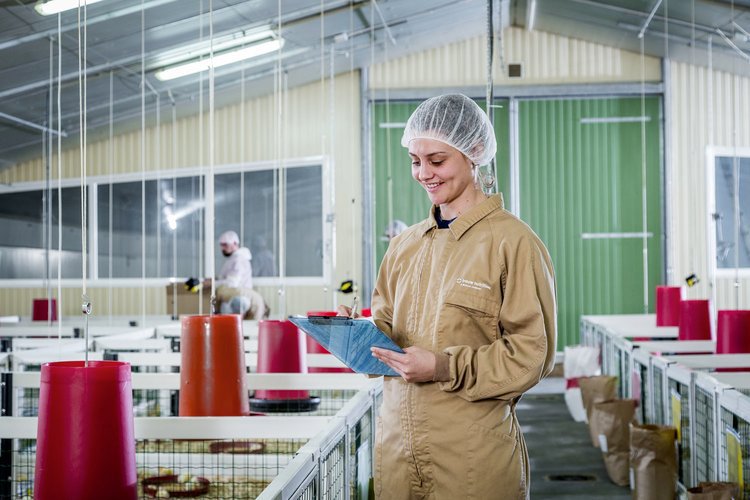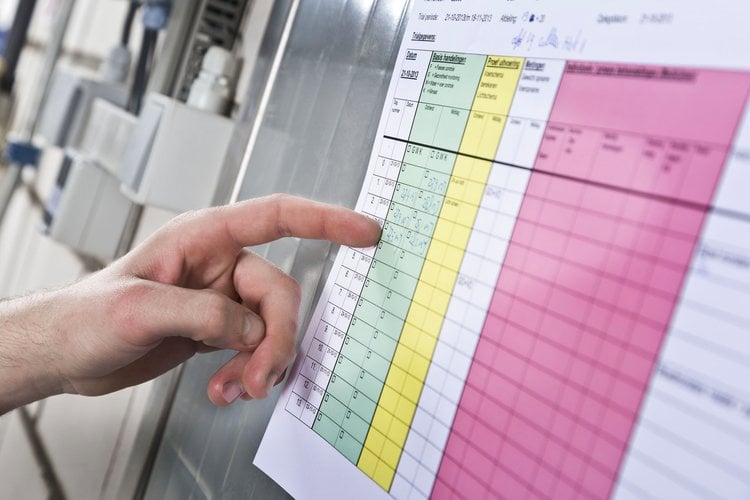
How to recognise
Dysbacteriosis can present as mild, moderate or, less frequently, in its most severe form as real necrotic enteritis. Broilers affected by dysbacteriosis produce wet intestinal droppings, resulting in wet litter and poor performance. We recommend post-mortem assessment of the intestines by a veterinarian to accurately identify mild to moderate cases of dysbacteriosis.

The impact on the farmer
Mild to moderate dysbacteriosis costs €0.05-€0.10 per broiler, primarily due to increased feed conversion ratio and lower body weight. Due to wet litter, also more foot pad lesions can appear. This has in some markets a significant economic impact, as farmers are obliged then to reduce stocking density in case of too many foot pad lesions. Dysbacteriosis is also increasing the impact of coccidiosis and vice versa. The financial impact of severe dysbacteriosis is higher, even leading to increased mortality. A lot of antibiotics used in broilers is to try to control dysbacteriosis.
Identifying and treating dysbacteriosis, the primary cause of digestive problems in today’s broilers, can significantly impact the ultimate value of your flock.
Frequently Asked Questions
Is the water to feed ratio increased or irregular?
If yes, ask your veterinarian to score the broilers’ intestines for the presence of dysbacteriosis and coccidiosis.
